Why Detox Is Crucial Before Starting Couples Rehab
When embarking on the journey to overcome addiction, taking the right first steps is essential for long-term success. For couples who are navigating the challenges of substance abuse together, the process can be even more intricate. Detox is a crucial first step that lays the groundwork for successful rehabilitation, particularly for couples seeking treatment together. At Couples Rehabs in Orange County, we emphasize the importance of detox as an essential phase in the recovery process.
Detoxification, or detox, is the process of clearing the body of substances, allowing individuals to begin their recovery free from the physical grip of drugs or alcohol. For couples entering rehab, detox offers the chance to reset and prepare for the transformative work of rebuilding their lives. This article explores why detox is essential before starting couples rehab and how Couples Rehabs in Orange County supports clients during this critical stage.
The Role of Detox in Addiction Recovery
Addiction affects the body and mind, creating physical dependencies that can be dangerous to address without professional help. Detox serves as a controlled and supervised process to eliminate harmful substances from the body.
Substance use often leads to tolerance, meaning the body becomes accustomed to certain levels of drugs or alcohol. When use suddenly stops, withdrawal symptoms can range from mild discomfort to severe, life-threatening reactions. Detox is designed to manage these symptoms safely, ensuring individuals are stable before beginning therapy.
At Couples Rehabs in Orange County, the detox process is tailored to each individual, providing medically supervised care in a supportive environment. This foundation enables couples to transition smoothly into rehab, where they can focus on healing their relationships and addressing the root causes of addiction.
Why Detox Is Essential for Couples Rehab
1. Ensuring Physical Stability
One of the main reasons detox is crucial before starting rehab is the need for physical stability. Without detox, lingering substances in the body can trigger cravings, cloud judgment, and hinder progress in therapy. For couples, this is especially important, as one partner’s instability can affect the other’s recovery journey.
Detox allows individuals to achieve a baseline level of physical health, which is vital for engaging fully in rehab programs. Couples entering treatment together benefit from starting on equal footing, ready to tackle the challenges ahead.
2. Reducing the Risk of Relapse
Detox not only removes harmful substances but also significantly reduces the risk of relapse during the early stages of recovery. Cravings are often most intense during withdrawal, and without professional support, individuals may return to substance use to alleviate discomfort.
At Couples Rehabs in Orange County, clients undergoing detox receive round-the-clock medical care and emotional support. By addressing withdrawal symptoms and cravings in a controlled environment, couples are better positioned to stay committed to their recovery goals.
3. Preparing for Emotional Work
Addiction recovery is as much about emotional healing as it is about physical health. Detox helps individuals clear their minds, making them more receptive to the therapeutic aspects of rehab. For couples, this clarity is crucial for addressing communication issues, rebuilding trust, and resolving past conflicts.
By completing detox first, couples can fully engage in therapy sessions, group activities, and other aspects of the rehab program. They can focus on developing healthy coping mechanisms and building a stronger, more supportive relationship.
What to Expect During Detox at Couples Rehabs in Orange County
Detox can be an intimidating process, but at Couples Rehabs, we strive to make it as comfortable and supportive as possible. Here’s what clients can expect during this critical phase:
1. Comprehensive Assessment
Before detox begins, our team conducts a thorough assessment to understand each individual’s medical history, substance use patterns, and any co-occurring mental health conditions. This personalized approach ensures that detox plans are tailored to each client’s unique needs.
2. Medical Supervision
Detox can be unpredictable, with withdrawal symptoms varying widely depending on the substance and duration of use. Our Orange County facility offers 24/7 medical supervision to manage symptoms and prevent complications. This level of care provides peace of mind for couples entering treatment together.
3. Holistic Support
Detox at Couples Rehabs isn’t just about managing physical symptoms; it’s also about emotional well-being. Our team provides counseling and support to help clients navigate the challenges of withdrawal. For couples, this holistic approach fosters a sense of teamwork and shared purpose as they begin their recovery journey.
The Benefits of Detox at Couples Rehabs in Orange County
1. Safe and Comfortable Environment
Detox can be physically and emotionally taxing, but our Orange County facility offers a serene and supportive environment to ease the process. Clients can focus on healing in a safe space, free from external pressures or distractions.
2. Personalized Care Plans
Every individual’s experience with addiction is different, and our detox programs reflect this understanding. We customize care plans to address each client’s specific needs, ensuring the best possible outcomes.
3. Seamless Transition to Rehab
One of the biggest advantages of detoxing at Couples Rehabs is the seamless transition into our comprehensive rehab programs. Once detox is complete, couples can immediately begin working on their recovery together, building on the progress made during the initial phase.
Challenges Couples Face Without Detox
Skipping detox can have serious consequences for couples entering rehab. Without clearing substances from the body, individuals may struggle to fully participate in therapy, leading to incomplete or ineffective treatment.
For couples, unresolved withdrawal symptoms can strain the relationship and undermine the progress made in rehab. One partner’s relapse or difficulty coping can create a ripple effect, making it harder for both individuals to stay on track. Detox ensures that both partners are starting from a place of stability, increasing the likelihood of long-term success.
The Role of Couples Therapy in Addiction Recovery
After detox, couples rehab focuses on addressing the dynamics of the relationship. Addiction often leads to unhealthy patterns of communication, trust issues, and emotional distance. At Couples Rehabs in Orange County, therapy sessions are designed to help couples rebuild their connection and develop healthier ways of relating to one another.
Through a combination of individual and joint counseling, couples learn to:
- Identify Triggers: Understand what drives substance use and how to avoid or manage those triggers.
- Set Boundaries: Create healthy boundaries to support each other’s recovery.
- Strengthen Communication: Develop tools for open and honest dialogue.
- Build Resilience: Learn coping strategies to navigate challenges together.
By starting with detox, couples can approach therapy with clear minds and open hearts, making the process more effective and transformative.
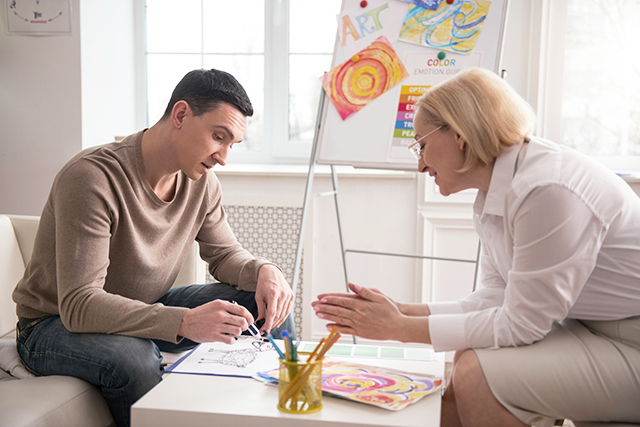
Why Choose Couples Rehabs in Orange County?
Couples Rehabs is a trusted name in addiction treatment, offering specialized programs for couples seeking recovery together. Located in the heart of Orange County, our facility provides a supportive and nurturing environment where clients can heal and grow.
Our services include:
- Medically Supervised Detox: A safe and effective way to begin the recovery process.
- Customized Rehab Programs: Tailored to the unique needs of couples.
- Experienced Staff: Compassionate professionals dedicated to your success.
- Holistic Therapies: Incorporating mindfulness, fitness, and other approaches to support overall well-being.
With a focus on building strong foundations for recovery, Couples Rehabs is committed to helping couples achieve lasting change.
Frequently Asked Questions (FAQ) About Detox and Couples Rehab
1. What is detox, and why is it important before starting couples rehab?
Detox, short for detoxification, is the process of removing harmful substances, such as drugs or alcohol, from the body. It’s a crucial first step before starting couples rehab because it addresses physical dependence and withdrawal symptoms, creating a stable foundation for recovery. At Couples Rehabs in Orange County, medically supervised detox ensures that both partners are ready to focus on the emotional and relational aspects of rehab without the distraction of cravings or physical discomfort.
2. What can we expect during the detox process at Couples Rehabs in Orange County?
During detox, clients at Couples Rehabs receive personalized care, including a comprehensive medical assessment, round-the-clock supervision, and support for managing withdrawal symptoms. The goal is to ensure safety and comfort while preparing individuals for the therapeutic aspects of couples rehab. Couples also benefit from holistic support, including counseling and guidance, to strengthen their commitment to recovery.
3. Is detox necessary for everyone entering couples rehab?
Yes, detox is necessary for anyone who has developed a physical dependence on drugs or alcohol. For couples entering rehab, detox ensures that both partners begin treatment with a clear mind and stable physical health. This shared starting point helps foster mutual support and cooperation throughout the recovery journey.
4. How long does the detox process take?
The length of detox varies depending on factors such as the type of substance used, the duration of use, and the individual’s overall health. On average, detox can take anywhere from a few days to two weeks. At Couples Rehabs in Orange County, our team tailors the detox timeline to meet each client’s needs, ensuring they are fully prepared for rehab.
5. Can couples go through detox together?
Yes, couples can go through detox together at Couples Rehabs. While detox focuses on individual health, sharing this experience can provide emotional support and strengthen the bond between partners. Our Orange County facility is designed to accommodate couples, offering a supportive environment where both individuals feel cared for during this critical stage.
6. What are the risks of skipping detox before rehab?
Skipping detox can lead to serious challenges in rehab. Without clearing substances from the body, individuals may experience withdrawal symptoms, cravings, and emotional instability that hinder their ability to engage in therapy. For couples, this can create additional strain on the relationship and increase the risk of relapse. Detox ensures both partners start rehab from a place of stability, increasing the chances of long-term success.
7. Is detox painful?
Detox can be uncomfortable, as the body adjusts to the absence of substances. However, at Couples Rehabs in Orange County, our medically supervised detox programs are designed to minimize discomfort. We use evidence-based techniques and, when appropriate, medication-assisted treatment to manage withdrawal symptoms and ensure a safe, comfortable experience.
8. What happens after detox at Couples Rehabs?
After detox, couples transition seamlessly into our comprehensive rehab programs, which focus on therapy, communication skills, and relationship-building. Detox clears the physical barriers to recovery, allowing couples to fully engage in individual and joint counseling sessions. The goal is to address the root causes of addiction and create a foundation for lasting change.
9. Does detox treat addiction on its own?
No, detox alone does not treat addiction. Detox addresses the physical dependence on substances, but lasting recovery requires addressing the psychological and emotional aspects of addiction. At Couples Rehabs in Orange County, detox is just the first step in a holistic approach that includes therapy, education, and skill-building for both individuals and couples.
10. How do I know if Couples Rehabs in Orange County is right for us?
Couples Rehabs in Orange County is ideal for couples who want to recover together in a supportive, specialized environment. We offer tailored detox and rehab programs designed to address the unique dynamics of relationships affected by addiction. Our experienced team, serene location, and commitment to personalized care make Couples Rehabs an excellent choice for couples ready to take the first step toward recovery.
Final Thoughts: Why Detox First?
Detox is more than just a preparatory step—it’s the cornerstone of a successful recovery journey. For couples entering rehab, detox provides the physical and emotional stability needed to tackle the challenges of addiction together.
At Couples Rehabs in Orange County, we understand the complexities of addiction and the importance of starting with a clean slate. Our detox programs are designed to support clients every step of the way, ensuring they’re ready to embrace the transformative work of rehab.
If you and your partner are ready to take the first step toward recovery, reach out to Couples Rehabs today. Together, we can help you build a healthier, happier future—starting with detox.


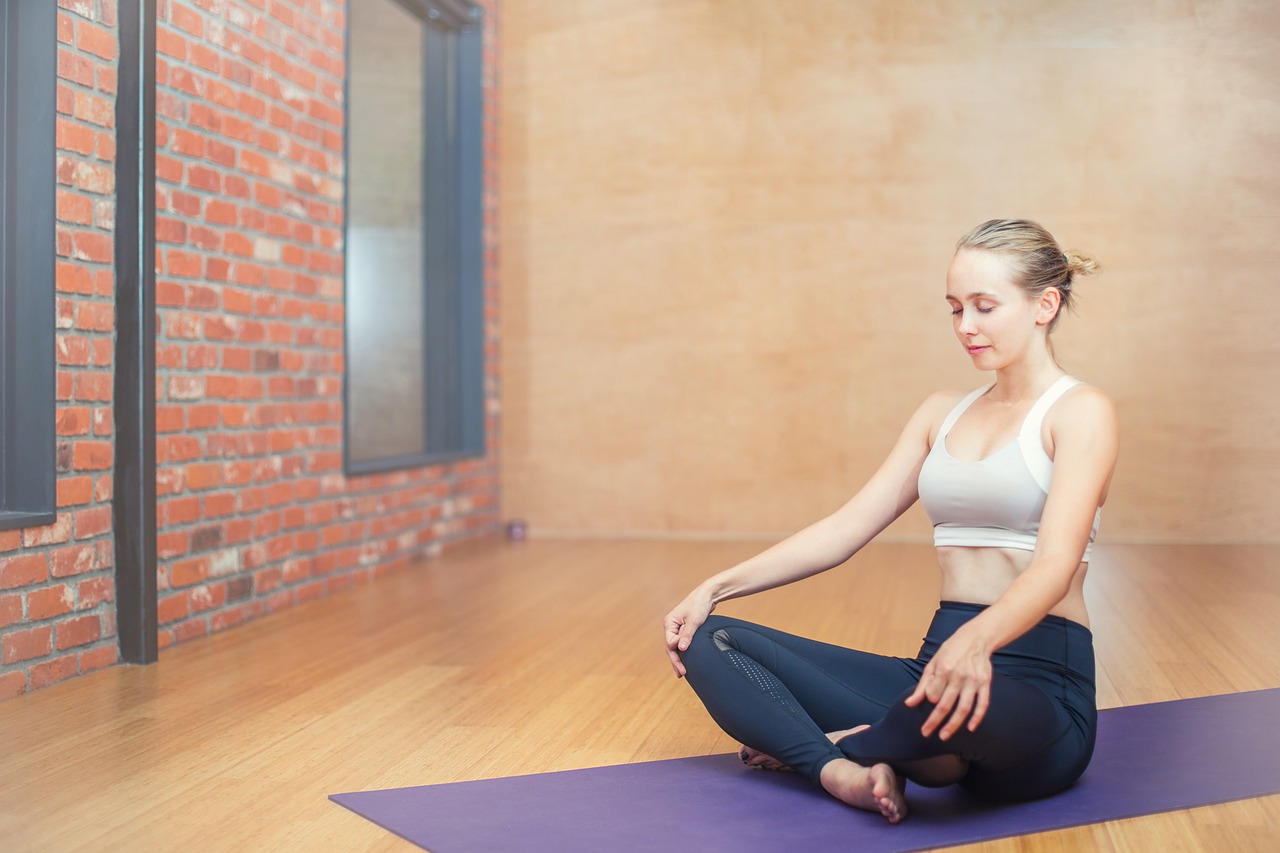



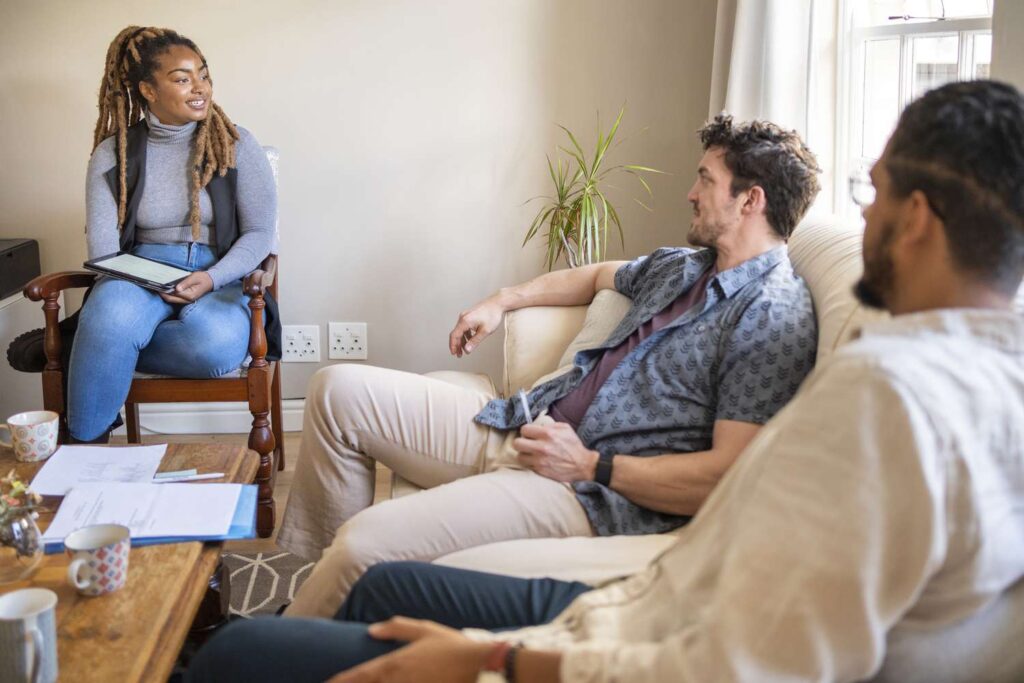
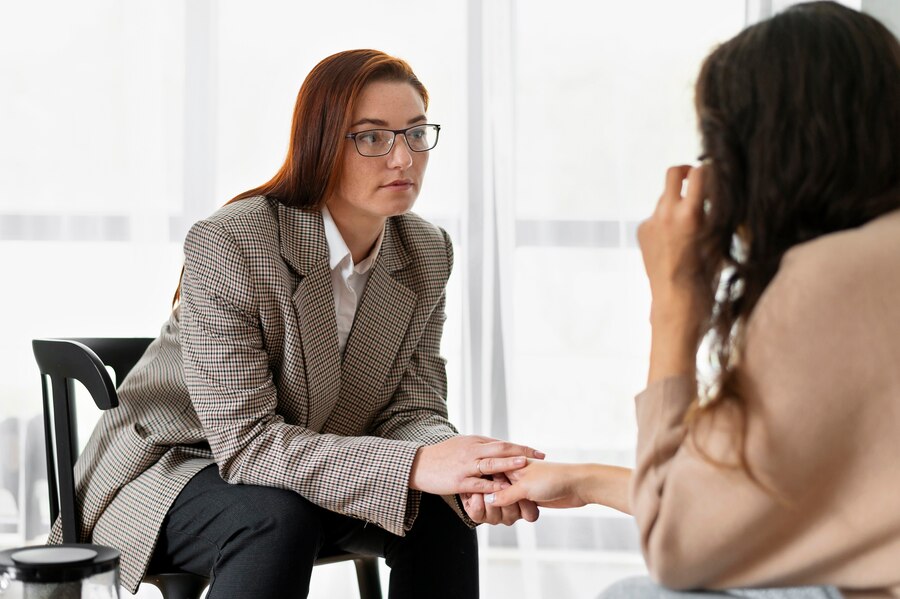
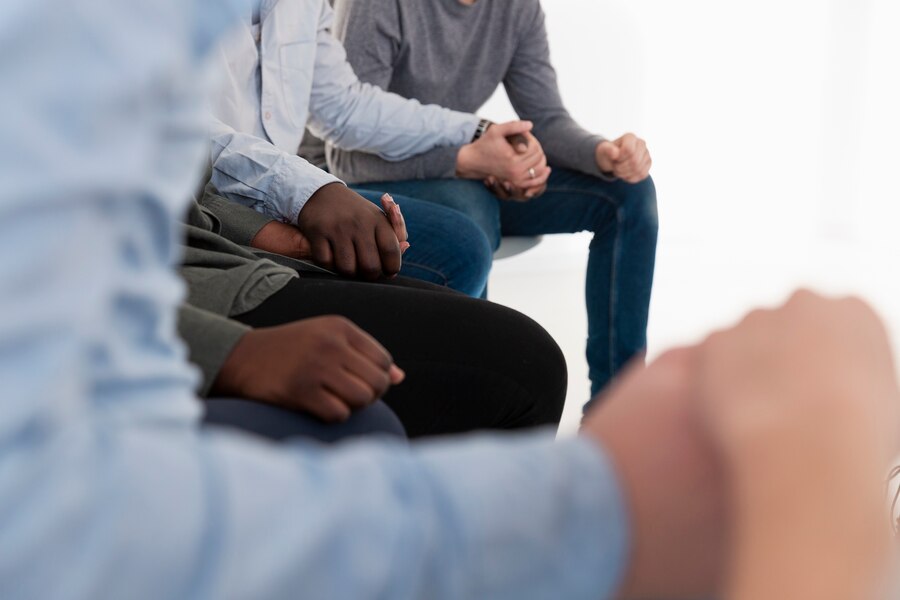

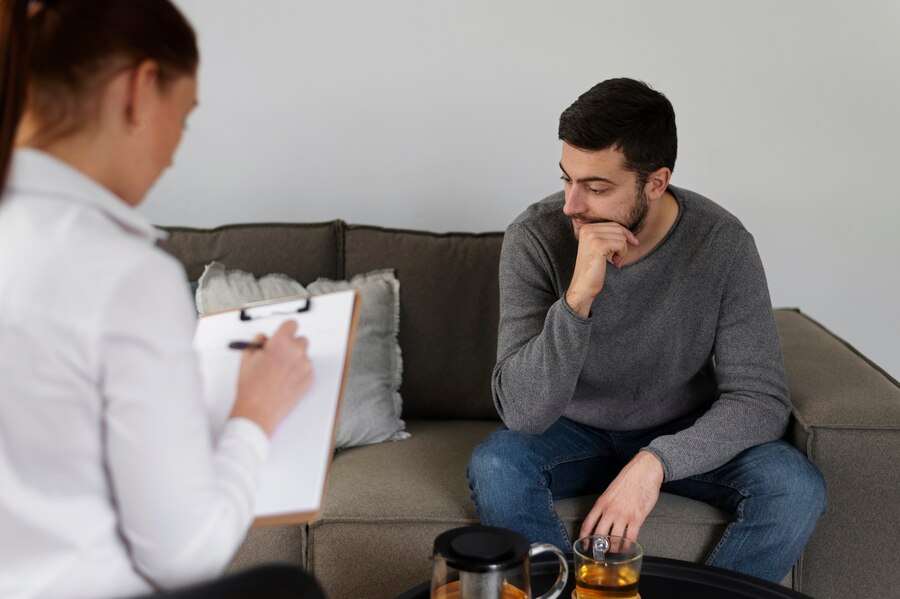
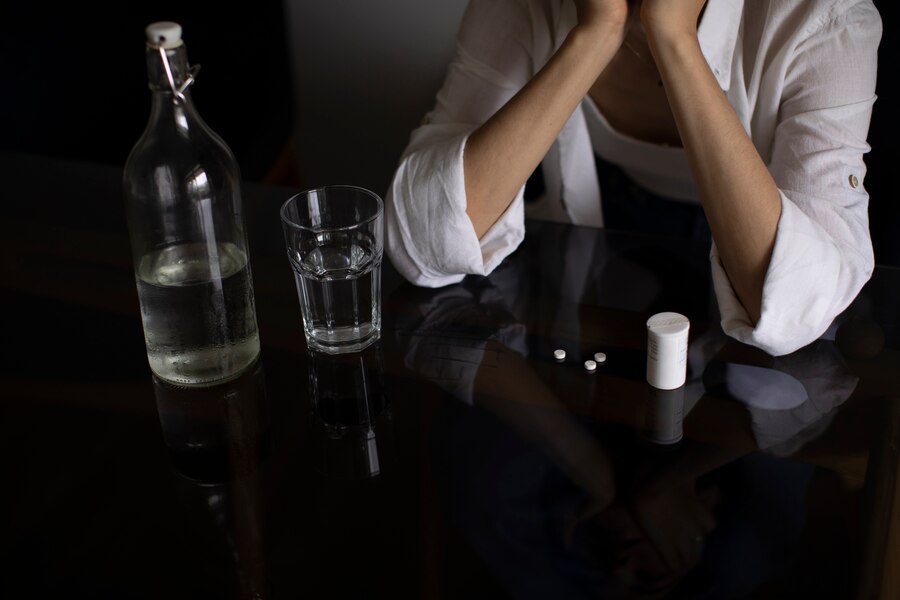

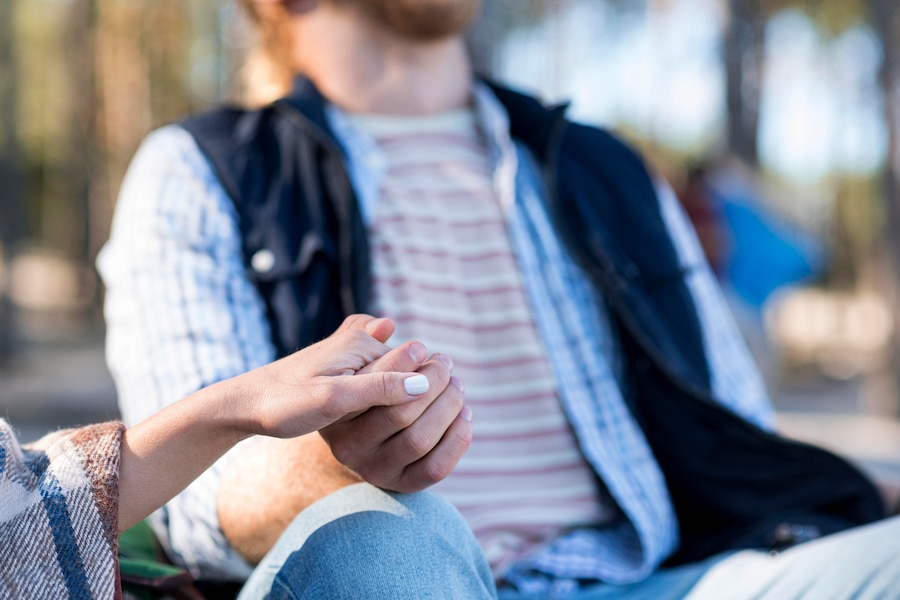
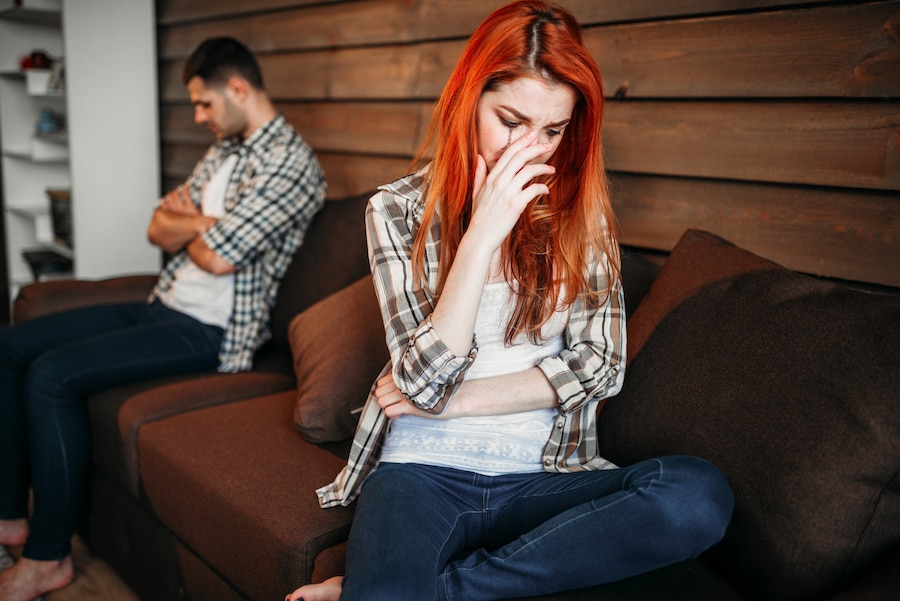
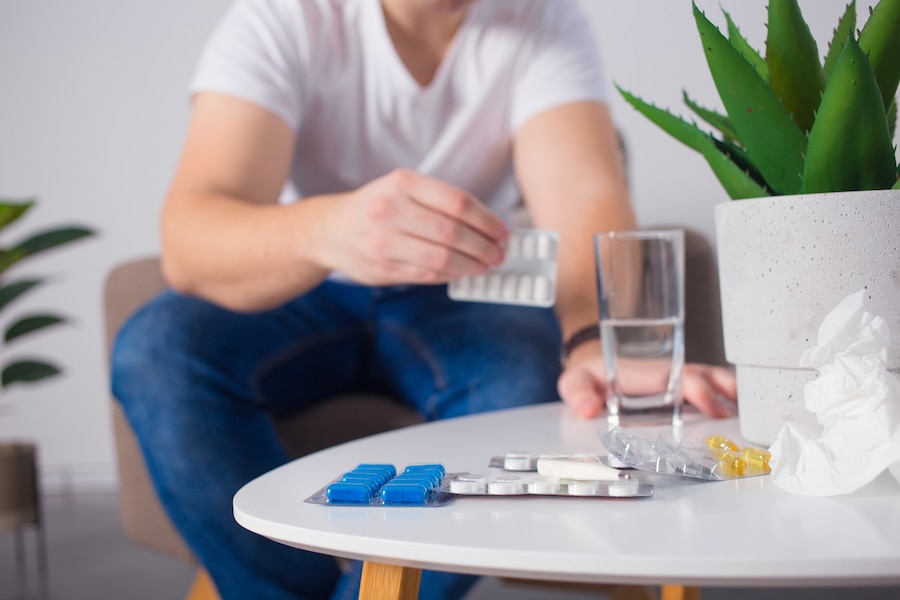
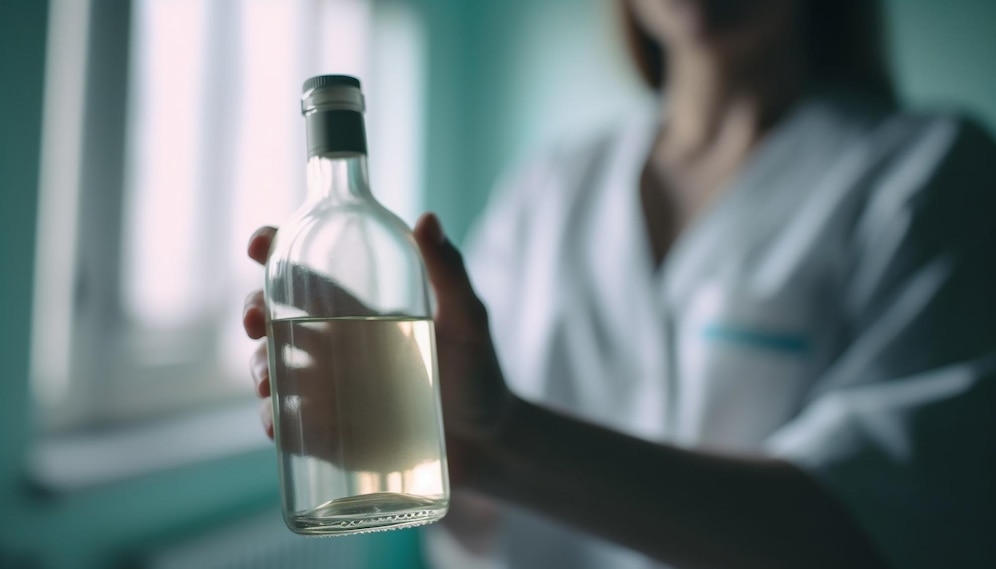
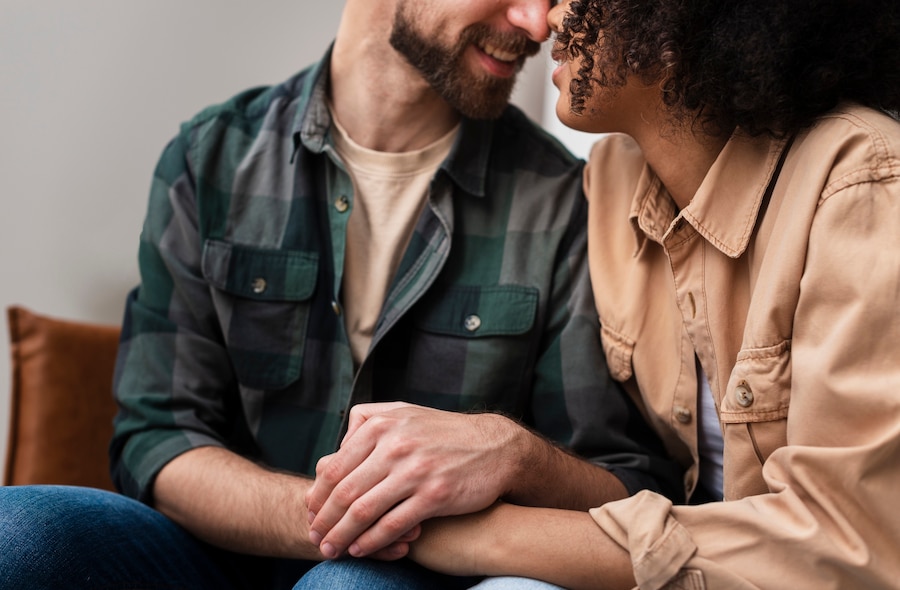
Recent Comments